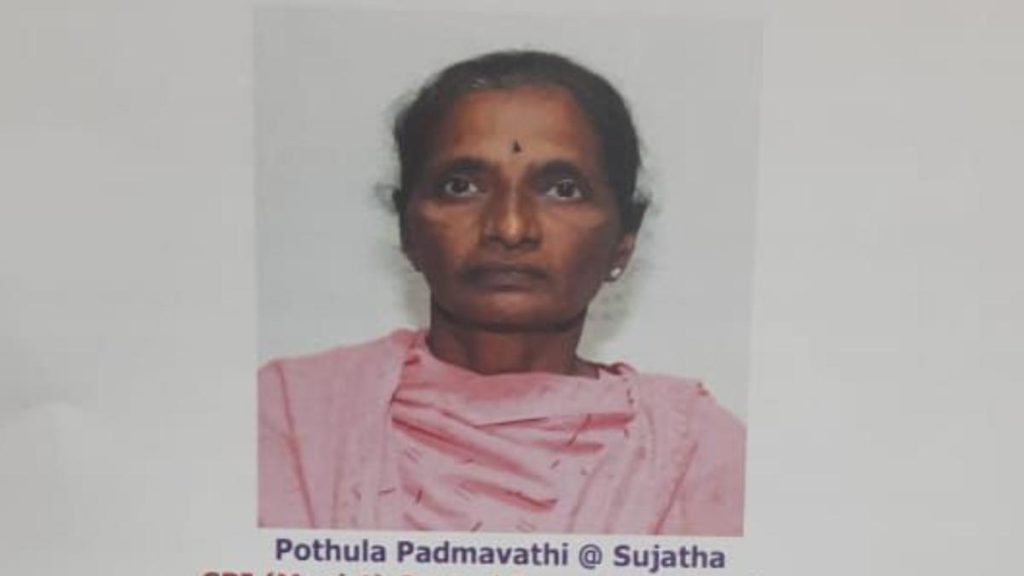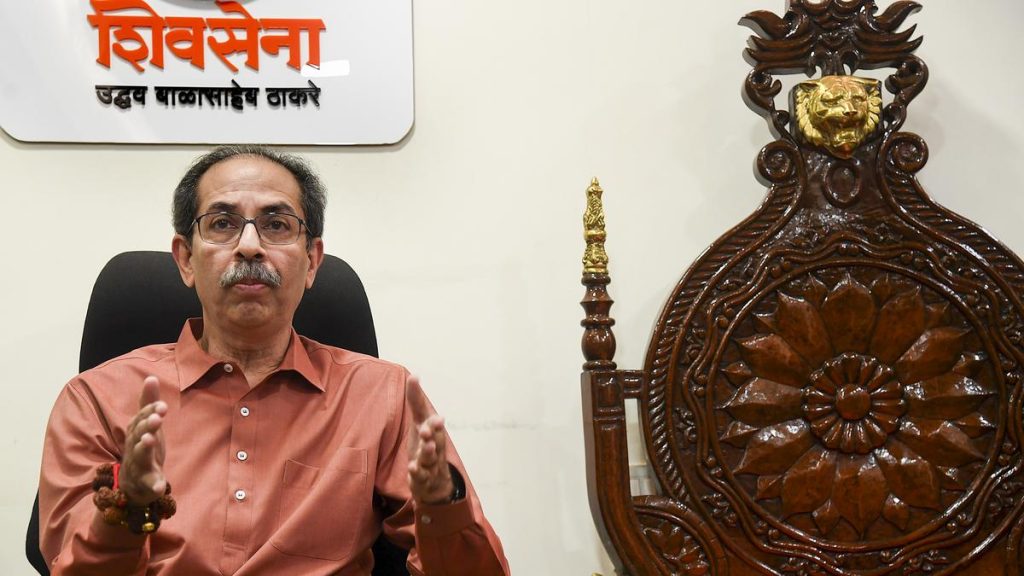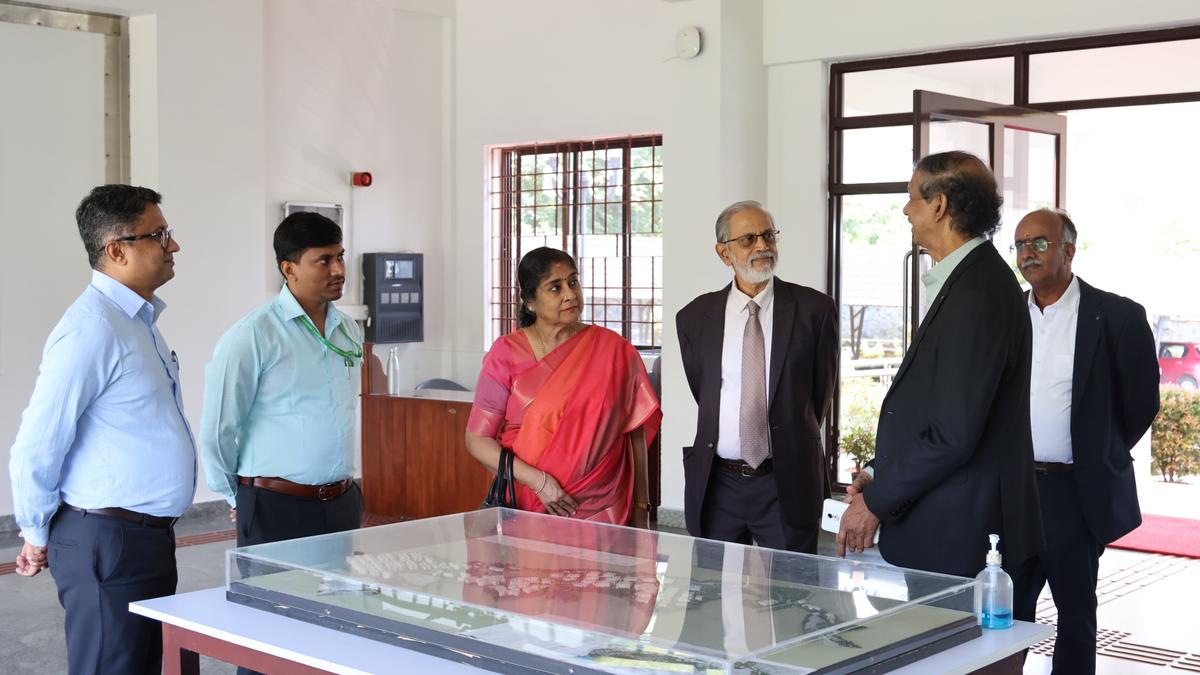Now Reading: HC Directs TDB to Restore Gold-Plated Sheets of Sabarimala Idols
-
01
HC Directs TDB to Restore Gold-Plated Sheets of Sabarimala Idols
HC Directs TDB to Restore Gold-Plated Sheets of Sabarimala Idols

Fast Summary
- The Kerala High Court ordered the Travancore Devaswom Board (TDB) to retrieve gold-plated sheets from the Dwarapalaka idols at Sabarimala temple that had been sent to Chennai for restoration.
- The court criticized TDB for removing the plates without prior approval, noting sufficient time was available for seeking permission.
- Gold plating on these idols was done in 2019 with a 40-year warranty, raising questions about why restoration work was required after just six years.
- Restoration of such components is usually performed under strict supervision on temple premises.
- TDB claimed removal of gold-plated sheets had approvals from its Tantri and board members but lacked explicit court authorization.
- A Special Commissioner reported that any major temple maintenance must have prior court clearance and suggested stricter directives against unauthorized actions at Sannidhanam or Malikappuram areas.
- TDB stated that transportation of sheets occurred securely with oversight by various officials, including Vigilance personnel and temple staff.
- TDB president alleged vested interests were fueling controversy to undermine the board’s Global Ayyappa Sangamam initiative.
Indian Opinion Analysis
The Kerala High court’s concerns highlight critical issues regarding proper protocol adherence in matters related to sacred temples. While TDB claims due process through approvals from internal authorities, deviation from established norms without court clearance could potentially erode public confidence in institutional governance over culturally significant sites like Sabarimala. Additionally, questions surrounding premature restoration within six years despite a long-term warranty reveal gaps in decision-making transparency.
This case underscores a broader need for stricter procedural guidelines when managing heritage assets, balancing legal accountability with religious autonomy. With controversies brewing alongside discussions about trustworthiness among stakeholders,efficient resolution will be critical not only for safeguarding trust but also sustaining harmony within sensitive religious contexts.
Read more: [Link provided as per input]

























